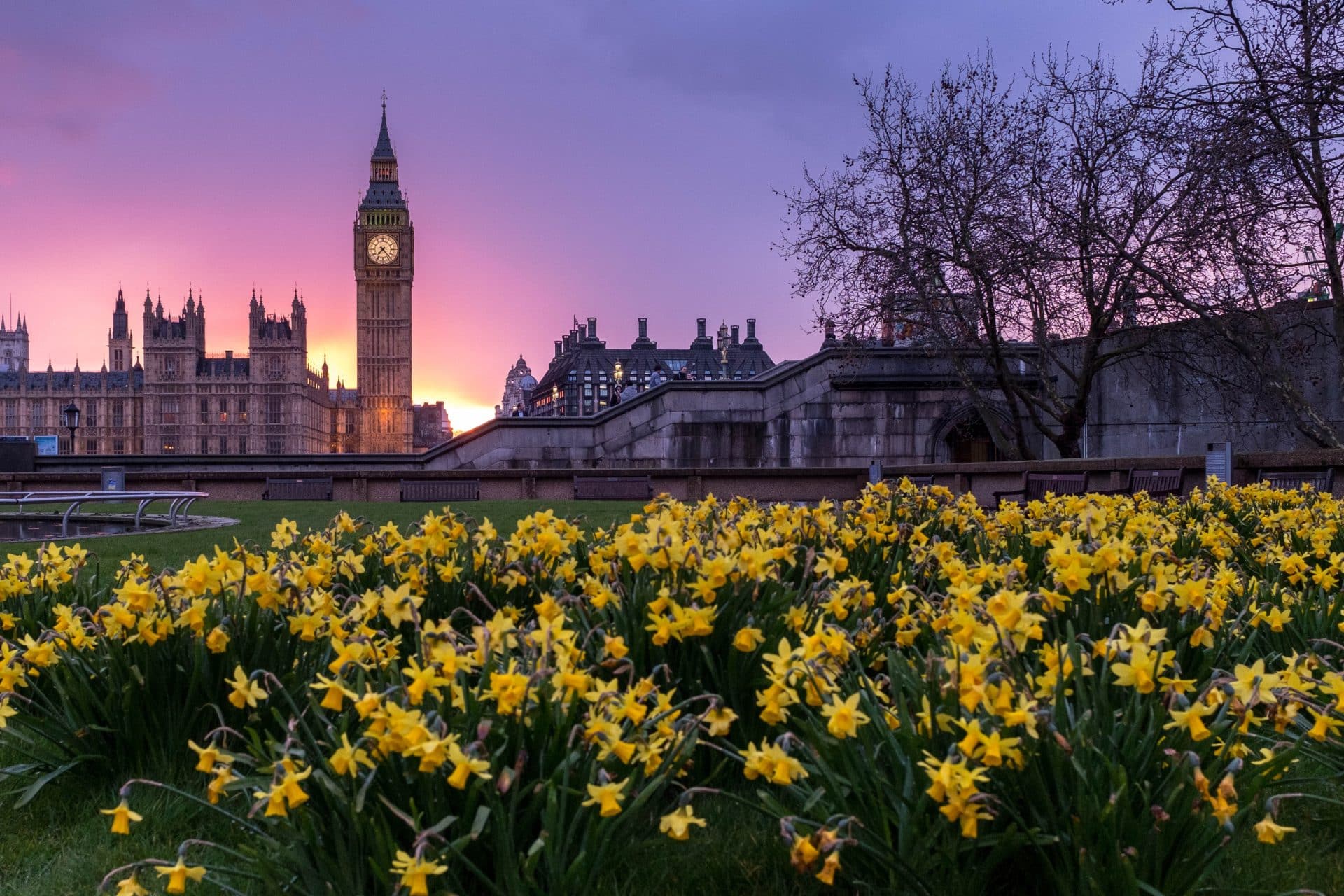Lord Alton of Liverpool, a Vice Chair of this APPG, opened the debate on the ‘orphaned’ human right of Article 18 – the freedom of religion or belief — in the House of Lords last week. Read the full story of this important debate here.
Lord Alton regular updates his blog www.davidalton.net with articles about human rights related to religion or belief. The following reflection on ‘Article 18 – An Article of Faith’ contains Lord Alton’s perspective on this crucial human rights issue which affects most people in nations around the world:
Events in Mosul (Iraq) suggest that we are regressing into the Dark Ages. The assault by medieval warlords on religious reedom and the failure of international authorities to protect vulnerable minorities makes a mockery of the United Nations’ doctrine of a “responsibility to protect”; of Article 18 of the 1948 Declaration of Human Rights, born in the embers of the Holocaust; and of religion itself.
Bill Clinton once told his staffers, just to remember that “it’s the economy, stupid.” Today’s policy makers need to be more religiously literate when it comes to understanding those who terrorise and suffer in the name of religion: “it’s religion, stupid”.
Article 18 embodies freedom of belief and last year I helped launch the report, “Article 18: An Orphaned Right.” It noted that, “almost 75% of the world’s population live in countries with high levels of government restrictions on freedom of religion or belief”. Not only is Article 18 a universal human right; it is a human right that is violated universally.
Christian minorities, Mandeans, Yizidis, Baha’is, Jews and Ahmadis are among those who face unspeakable persecution. And so do Muslims. Recently, in Istanbul, the head of Turkey’s Directorate of Religious Affairs, Professor Dr Mehmet Görmez, told the World Islamic Scholars Peace, Moderation and Common Sense Initiative that 1,000 Muslims are being killed each day, and that 90% of the killers are also Muslims. He said: “They are being killed by their brothers”.
Article 18 insists that everyone must have the right to believe, not to believe, or to change their belief. Tell that to the elderly and sick of Mosul, unable to flee and forced to accept the uncompromising ultimatum by the jihadists of Isis to convert or die.
The last Christian has now been expelled from that ancient city, reducing the Christian population from 30,000 to zero. The light of religious freedom, along with the entire Christian presence, has been extinguished in the Bible’s “great city of Nineveh” — the centre of Christianity in Iraq for two millennia.
Before pitilessly exiling the Christians on foot, Isis stole everything they had — homes, businesses, cars, money and even wedding rings, sometimes with the ring fingers attached. Churches have all been destroyed, shuttered or turned into mosques.
The war lords who dress their violent pursuit of power in the clothes of religion and are part of an ideological pattern which extends across North Africa and Asia.
Recall Boko Haram’s pledge to eradicate education in Nigeria and their abduction of 200 school girls; of Christians in Eritrea and Kenya, facing increasing threats and attacks from al-Shabaab; of the now happily freed Meriam Ibrahim, sentenced to death in Sudan for refusing to renounce her faith. But Meriam case is not an isolated one. Archaic and cruel laws lead to stonings and lashings, with Al-Jazeera reporting that in one recent year, 43,000 women were publicly flogged.
The treatment of women is an outrage.
In unverified reports, the United Nations has reported that, in Mosul, ISIS has ordered all girls and women to undergo female genital mutilation. Worldwide, more than 130 million girls and women have undergone FGM. This and the barbaric practice of forcing the arranged marriage of little girls means more than 700 million women alive today were children when they were married.
Attacks on human beings, their freedom and dignity, are mirrored in the orgy of destruction of culture and heritage.
Recall the destruction of the Bamiyan Buddha statues in Afghanistan; the Sufi shrines and tombs in Mali; and the calls to blow up the Pyramids. In Mosul, Isis has taken a sledgehammer to the tomb of Jonah; replaced the cross with the black Islamic flag on top of Mosul’s St Ephrem’s cathedral, and beheaded or crucified any Muslim who dared to dissent.
It’s not just the brutality and the intolerance that this represents. What kind of place will these societies be if they cannot live with difference and with minorities?
Think of the disproportionate contribution made by Copts, Armenians, Jews and other minorities to the success of the countries in which they have been permitted to live peaceably.
Research shows that there is a direct link between economic prosperity and religious freedom.
And it’s not just Islamic radicalism. As China demolishes churches and North Korea stands accused of crimes against humanity against Christians, let them recall Dignitatis Humanae, the Second Vatican Council declaration on religious freedom, that “a society which promotes religious freedom will be enlivened and enriched and one that does not will decay.”
All over the world pluralism is in peril.
In Indonesia, Prabowo Subianto’s has failed to win the presidential election but continues to threaten religious coexistence. The BJP’s election victory in India has emboldened its followers, some of whom recently attacked an evangelical church in Uttar. Religious freedom is under attack in Sri Lanka, where anti-Muslim violence has erupted; in Bangladesh, where, earlier this month, nuns were brutally attacked and beaten; in Malaysia, where a court has ruled that only Muslims can use the term “Allah”, even though Christians have traditionally also used that same term in their texts and in their languages; and in Brunei, where a full Sharia penal code is being introduced.
And in the horrifying crucibles of Syria and Iraq we can see where such intolerance leads. What kind of dreadful world is Abu Bakr Al Baghdadi, the leader of ISIS, now to be known as Caliph Ibrahim, surrounded by his black-clad, gun-toting acolytes, trying to create?
He says he is the successor of the first Abbasid Caliph, Mansour who, in 762, founded the city of Baghdad – known then as the Medinat Al Salam, or City of Peace. It was a place where Persian and Arab Muslims, Jews and Christians co-existed, respected one another and celebrated each other’s talents and contribution to the vibrant life of the city. It became a centre of learning and scholarship. His grandson, Haroun Al Rashid, founded a great library – the House of Wisdom. As religious tolerance flourished so did science and culture.
Caliph Ibrahim and his followers need to rediscover a capacity to live together not the violent, fascistic, and brutal netherworld of the Dark Ages.
In his book, The Dignity of Difference, Dr. Jonathan Sacks, the former British Chief Rabbi says: “The great faiths provide meaning and purpose for their adherents. The question is: can they make space for those who are not its adherents, who sing a different song, hear a different music, tell a different story? On that question, the fate of the 21st century may turn”.
Lord Sacks is right.

